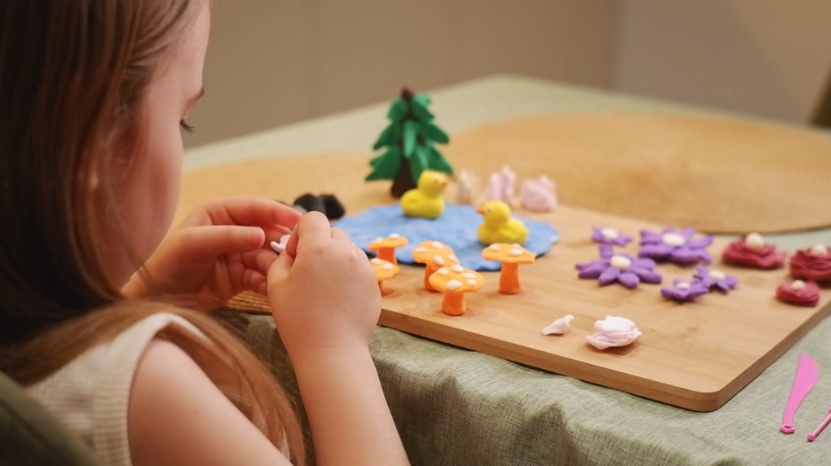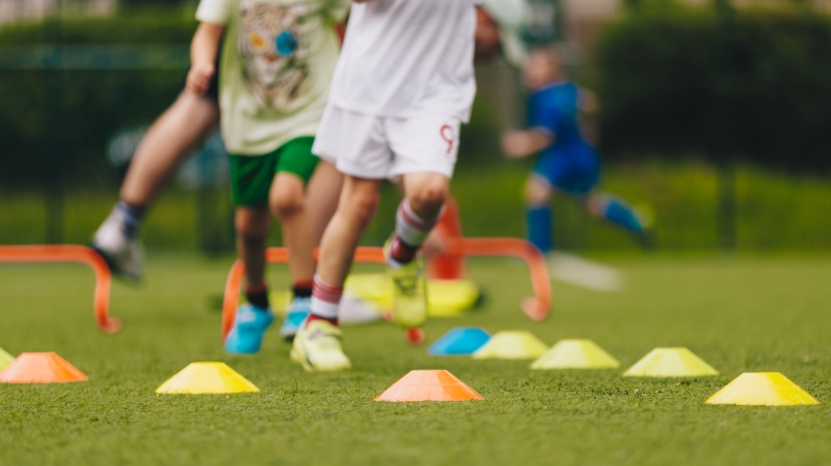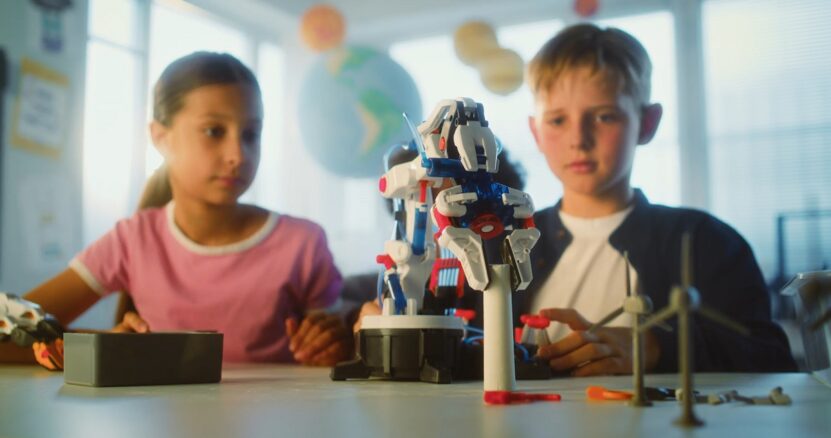
Share Post:
After-school programs play a vital role in a child’s holistic growth by extending learning beyond the classroom walls.
Such programs help children strengthen their confidence while allowing them to unleash creativity in new and exciting ways.
Educational experts often emphasize that activities encouraging expression, problem-solving, and teamwork create lasting benefits for both academic and personal development.
Parents who support involvement in enriching activities give their children a chance to develop skills that last a lifetime.
1. Performing Arts (Drama, Acting, Dance)
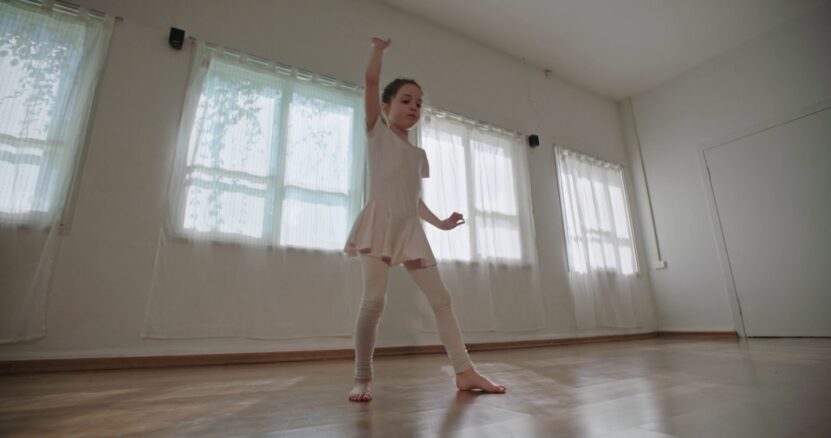
Performing arts create a powerful foundation for building self-confidence.
Children learn to express themselves freely in front of others, improving communication skills and easing stage fright.
Working in groups or performing for an audience nurtures courage and teamwork while teaching resilience when things do not go as planned.
Creativity blossoms as children step into different roles, explore storytelling, and practice improvisation. Role-play pushes them to imagine new scenarios, encouraging empathy and flexibility of thought.
Both introverts and extroverts benefit, as quieter children learn to project their voices and outgoing kids refine their presentation skills.
Participating in acting workshops, dance classes, or school plays can spark a lifelong love for expression.
- Confidence: Builds self-expression, teamwork, and courage
- Creativity: Encourages storytelling, role-playing, and improvisation
2. Creative Arts & Crafting
Craft activities give children a strong sense of accomplishment.
Completing a painting or crafting a handmade object boosts self-esteem, especially when their creations are proudly displayed at home or school.
Small successes help children feel capable and independent.
Creative growth happens naturally as kids imagine designs, experiment with materials, and play with color.
Art also sharpens sensory development and fine motor skills, which improve hand-eye coordination.
Activities like drawing, painting, sculpting, DIY projects, or making cultural artwork spark imagination while teaching patience. Parents can set up simple home stations where children work on crafts regularly.
- Confidence: Achievement through finished projects
- Creativity: Imagination, fine motor skill growth, and design skills
3. Music Lessons (Singing or Instruments)
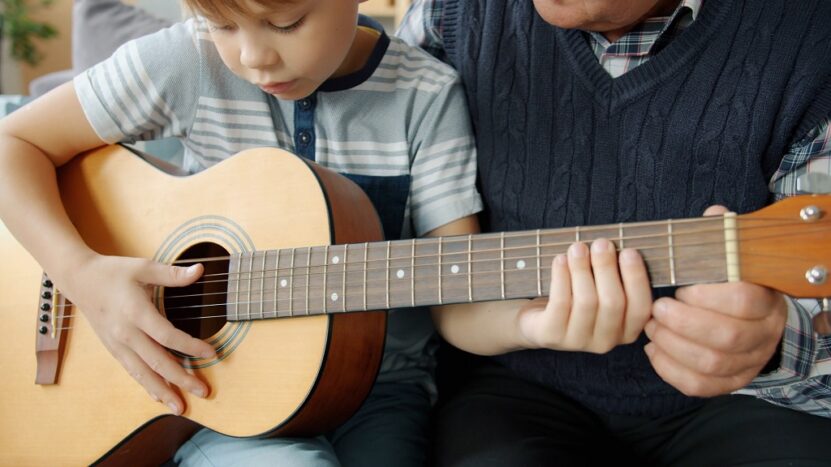
Music fosters a sense of pride in children as they master songs or learn new techniques. Standing before an audience to perform a piece builds confidence, teaching them to overcome nerves and present their skills with pride.
Progress in music reinforces discipline, focus, and memory.
Creativity thrives as children explore rhythm, melody, and personal interpretation of songs. Musical expression allows them to process emotions in ways that words sometimes cannot.
Learning instruments such as piano, guitar, or violin provides both structure and flexibility for self-expression. If that’s the case, checking out piano lessons in New Rochelle might be the way to go.
Likewise, if you’re based in Texas and looking for a piano teacher in Houston, some studies offer expert-led lessons for children of all ages, designed to nurture musical confidence and creativity.
Singing, too, helps children understand harmony and rhythm while strengthening voice control.
- Confidence: Performance experience and skill mastery
- Creativity: Emotional expression through rhythm and melody
4. Sports & Physical Activities
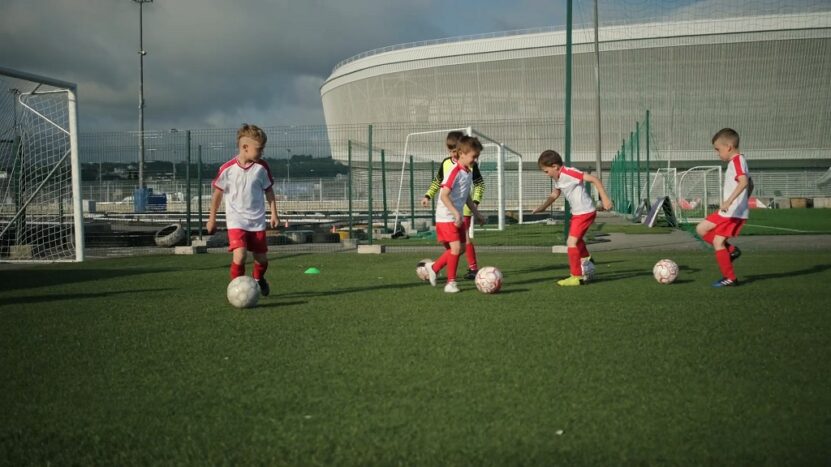
Sports encourage perseverance and resilience.
Children quickly discover that practice brings results, and losing gracefully is as important as winning.
Lessons in teamwork, leadership, and discipline directly transfer to classroom learning and everyday life.
Strategic decision-making on the field sparks creative thinking. Martial arts, gymnastics, or obstacle courses also encourage problem-solving and adaptability.
Physical activity benefits mental health, builds discipline, and teaches how to channel energy productively.
Regular participation gives kids confidence in their physical abilities while developing social bonds.
- Confidence: Builds perseverance, teamwork, and leadership
- Creativity: Teaches strategic thinking and problem-solving
5. Reading and Book Clubs
Reading cultivates independent thinking and helps children build confidence in their intellectual voice.
Participation in book clubs encourages discussion, where children learn to articulate ideas clearly while respecting different perspectives.
Imagination grows as stories transport young readers to new situations, encouraging them to visualize characters and settings.
Activities such as storytelling challenges, book swaps, or creating reading nooks foster enthusiasm.
Exposure to different genres develops curiosity and critical thinking. Over time, consistent reading strengthens vocabulary and writing skills, preparing children for more advanced studies.
- Confidence: Strengthens independent thought and communication
- Creativity: Fuels imagination and narrative thinking
6. Science Experiments & STEM Activities
Hands-on science projects encourage children to trust their problem-solving skills.
Successfully completing an experiment boosts self-belief, while failure teaches resilience and patience.
STEM activities instill confidence that ideas matter and can lead to meaningful outcomes.
Creativity emerges in the design and testing of experiments. Kids build volcanoes, explore magnetic properties, or learn basic coding adventures.
Encouraging inquiry-based play fuels curiosity, leading children to ask questions and seek solutions.
Interactive STEM activities lay the groundwork for innovation in the future.
- Confidence: Promotes belief in personal problem-solving ability
- Creativity: Inspires innovation and scientific curiosity
7. Cooking and Baking
Working in the kitchen allows kids to develop independence and responsibility.
Following recipes and measuring ingredients teaches precision, patience, and accountability.
Creating a finished dish boosts pride and confidence as children share their food with family and friends.
Creativity grows as children experiment with flavors, plating designs, and recipe modifications.
Baking and cooking also strengthen sequencing skills and highlight the importance of safety and hygiene.
Parents benefit too, as kids develop practical life skills that carry into adulthood.
- Confidence: Builds responsibility and pride in accomplishments
- Creativity: Encourages experimentation with flavors and presentation
8. Gardening & Nature Exploration
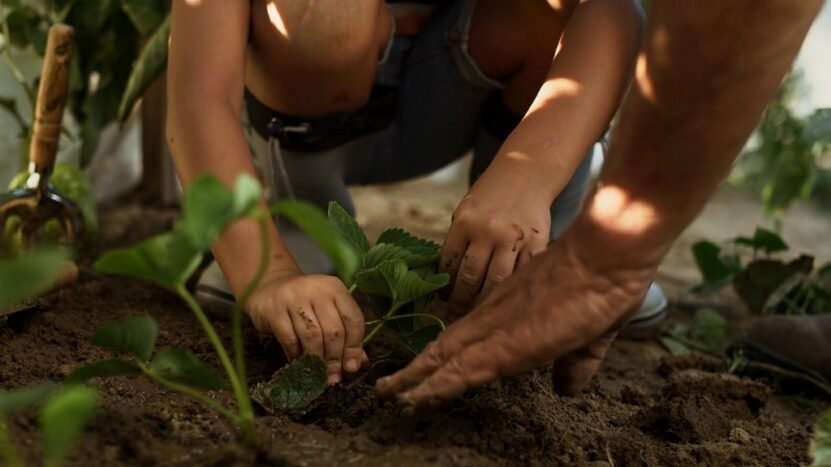
Gardening gives children a sense of purpose as they nurture plants and watch them thrive. Responsibility for growth builds accountability and patience.
The joy of seeing a seed sprout under their care reinforces confidence in their abilities.
Interacting with nature stimulates creativity. Children observe life cycles, experiment with planting methods, and learn about sustainability.
Sensory development improves as they engage with soil, textures, and natural sounds.
Gardening can also spark conversations about environmental care, encouraging long-term awareness.
- Confidence: Develops responsibility and pride in nurturing growth
- Creativity: Promotes sensory engagement and sustainability thinking
9. Puzzle Games and Logic Challenges
Solving puzzles brings a strong sense of accomplishment that builds intellectual confidence.
Working through challenges step by step improves persistence and patience. Success in logic-based games enhances belief in one’s abilities.
Creativity flows as children think flexibly and design new solutions. Tangrams, Sudoku, and jigsaw puzzles promote logical thinking while encouraging imagination.
Children can even design their own puzzles, combining strategy with innovation.
Engaging regularly in puzzles also strengthens focus and analytical skills.
- Confidence: Builds problem-solving skills and persistence
- Creativity: Encourages flexible thinking and innovation
10. Community Service & Volunteering
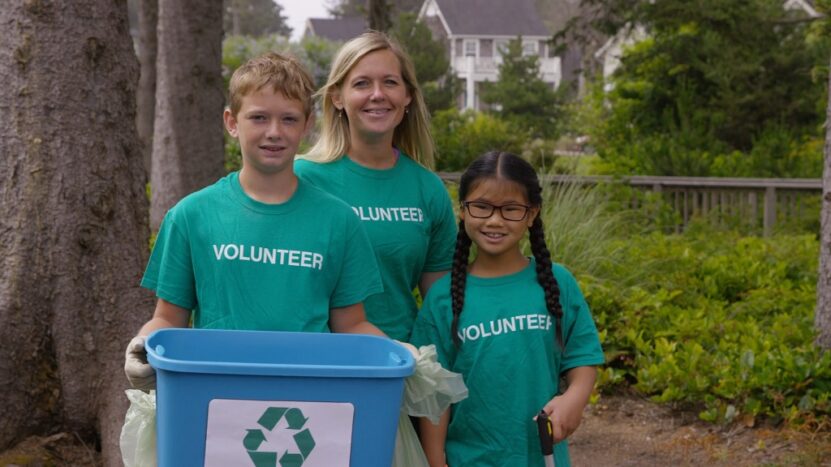
Helping others creates a sense of purpose in children. Contributing to community projects fosters empathy, compassion, and pride.
Small acts, such as organizing clean-ups or participating in charity drives, build confidence by proving that even young individuals can make a difference.
Creativity shines as children think of inventive ways to contribute. They may plan fundraisers, create posters for awareness, or come up with engaging events that encourage participation.
Volunteering strengthens leadership and teamwork while instilling social responsibility.
- Confidence: Builds pride and a sense of purpose
- Creativity: Inspires new approaches to helping and leading
Summary
After-school extracurricular activities nurture a child’s confidence while fueling imagination and innovation.
Parents should consider their child’s personality, interests, and passions when selecting programs to ensure maximum benefit.
A balance between structured learning and free creative expression provides children with the tools to thrive academically, socially, and emotionally.
Related Posts:
- 7 Best Afterschool Activities for Kids That Build…
- How to Combine Sports and School for Kids So Both Go Well
- 7 Best Mind Mapping Tools for Teachers and Students
- Is the Sandwich Method the Best Way to Deliver Feedback?
- Best App to Read Books for Free - Top Recommendations
- 8 Best Dictionary Extensions For Chrome Users





